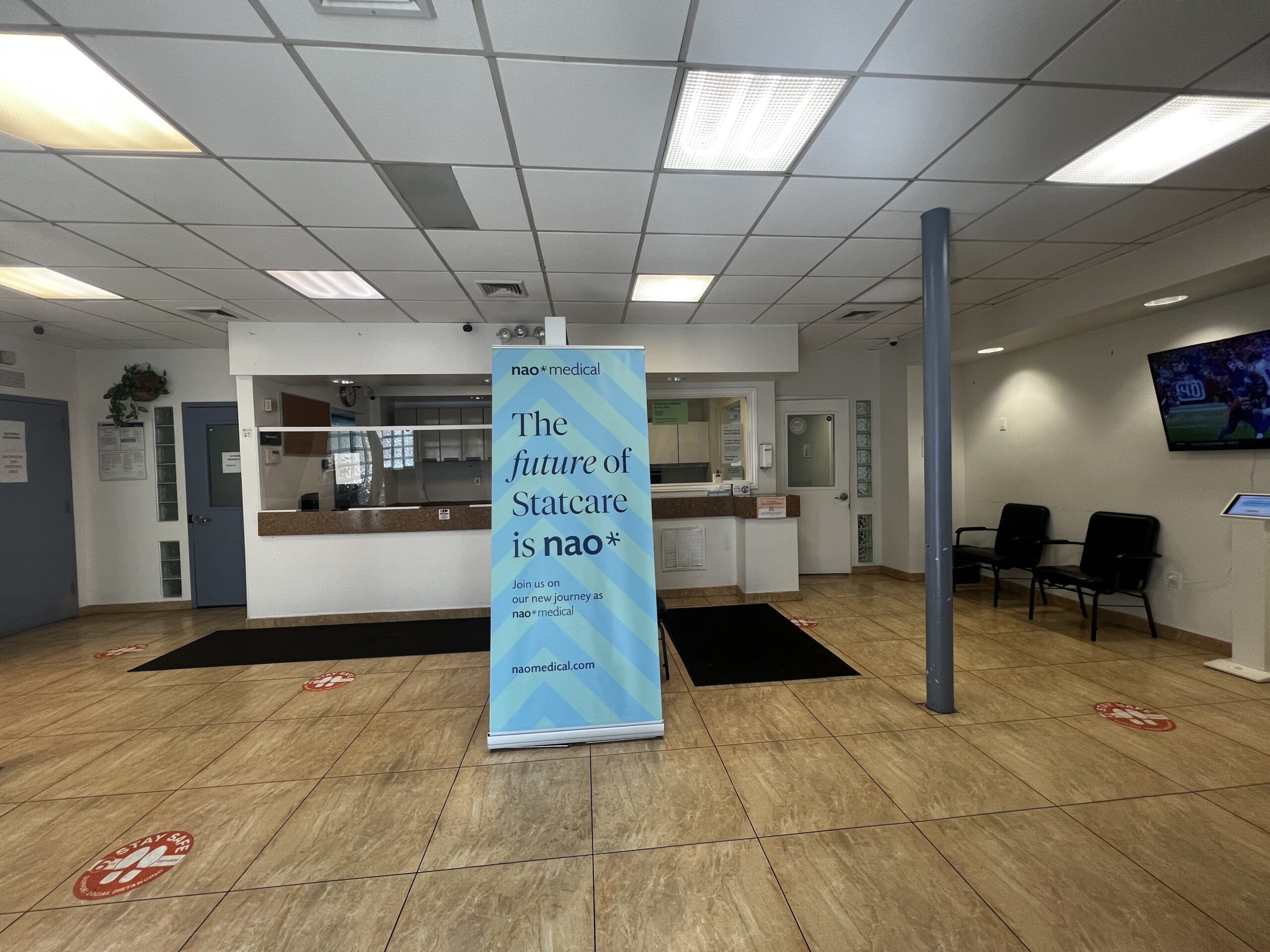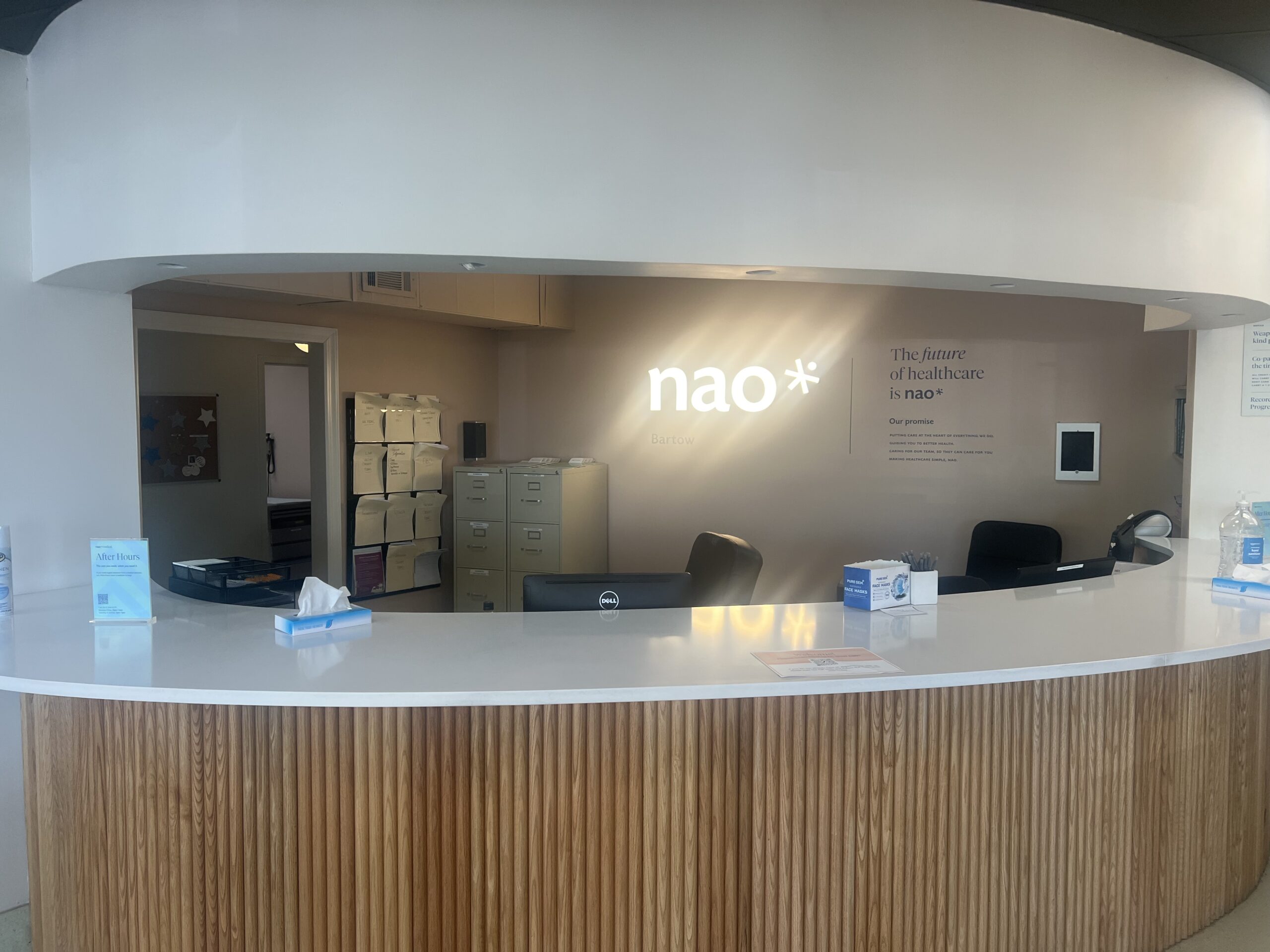Stress is a normal part of life, and we all experience it in different ways. However, chronic stress can have a negative impact on our mental and physical health, leading to issues like anxiety, depression, and even chronic diseases. While there are many ways to manage stress, proper nutrition is often overlooked. In this article, we’ll explore the role of nutrition in managing stress and provide expert tips from a nutritionist to help you maintain optimal health.
How Does Nutrition Affect Stress?
Research has shown that there is a clear connection between the foods we eat and our stress levels. Certain foods can trigger stress, while others can help to alleviate it. For example, high-sugar and high-fat foods can cause blood sugar spikes and crashes, leading to irritability, mood swings, and increased stress levels. On the other hand, whole foods like fruits, vegetables, whole grains, and lean proteins can help to stabilize blood sugar levels and promote feelings of calm and relaxation.
In addition to the foods we eat, our overall diet patterns can also play a role in our stress levels. For example, diets that are high in processed foods and low in nutrients have been linked to increased levels of stress and anxiety. Conversely, diets that are rich in whole, nutrient-dense foods have been shown to have a positive impact on mental health and stress management.
Expert Tips for Managing Stress with Nutrition
As a nutritionist, I often work with clients who are struggling with stress and anxiety. Here are some of my top tips for managing stress through nutrition:
- Eat a balanced diet: Make sure your meals are balanced with a variety of nutrient-dense foods like fruits, vegetables, whole grains, and lean proteins. This can help to stabilize blood sugar levels and promote feelings of calm.
- Reduce caffeine and alcohol intake: While small amounts of caffeine and alcohol can be okay, overconsumption can lead to increased levels of stress and anxiety. Try to limit your intake of these substances.
- Stay hydrated: Dehydration can cause feelings of fatigue and irritability, which can exacerbate stress. Aim to drink at least eight glasses of water per day.
- Get enough sleep: Lack of sleep can increase stress levels and make it harder to manage stress. Aim for 7-9 hours of sleep per night.
- Incorporate stress-busting foods: Certain foods can help to promote relaxation and reduce stress levels. Examples include dark chocolate, avocado, nuts, and leafy green vegetables.
Conclusion: Prioritize Nutrition for Stress Management
While there are many ways to manage stress, nutrition is often overlooked. By incorporating nutrient-dense, whole foods into your diet and following the expert tips outlined in this article, you can help to reduce stress levels and maintain optimal health. Remember to prioritize self -care and seek professional help if you are struggling with chronic stress or anxiety. At Nao Medical, we offer a range of services to support your mental and physical health, including nutrition counseling, mental health services, and telemedicine options. Don’t hesitate to reach out and schedule an appointment with one of our caring and knowledgeable healthcare providers today.
FAQs
What are the best foods to eat for stress management?
Some of the best foods to eat for stress management include whole, nutrient-dense foods like fruits, vegetables, whole grains, and lean proteins. In addition, stress-busting foods like dark chocolate, avocado, nuts, and leafy green vegetables can help to promote relaxation and reduce stress levels.
How can I reduce caffeine and alcohol intake?
Reducing caffeine and alcohol intake can be challenging, but there are a few tips that can help. For caffeine, try switching to decaf or herbal tea, or gradually reducing your intake over time. For alcohol, try setting limits for yourself and sticking to them, or finding non-alcoholic alternatives to your favorite drinks.
What are the benefits of working with a nutritionist for stress management?
A nutritionist can provide you with personalized guidance and support for managing stress through nutrition. They can help you identify foods and diet patterns that may be exacerbating your stress levels, and provide you with practical tips and strategies for making healthier choices. In addition, a nutritionist can work with you to create a sustainable, long-term plan for managing stress and maintaining optimal health.
How can I schedule an appointment with a healthcare provider at Nao Medical?
Scheduling an appointment with a healthcare provider at Nao Medical is easy. Simply visit our website and click on the “Book an Appointment” button to get started. From there, you can select the type of appointment you need and choose a time and location that works for you.
At Nao Medical, we are committed to providing high-quality, affordable care for communities, especially in lower-income areas, and focused on preventive care. By prioritizing nutrition and other healthy lifestyle choices, we believe that we can help our patients maintain optimal health and wellness. We hope that the tips and recommendations provided in this article have been helpful, and we encourage you to reach out and schedule an appointment with us if you have any concerns about your health or well-being.
 (917) 310-3371
(917) 310-3371
















